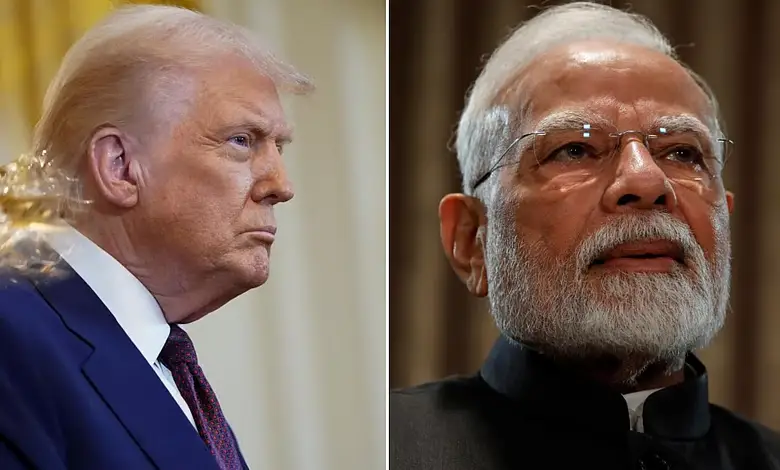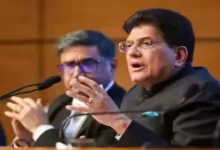US Slams Door on India-Iran Trade Deal, Targets Indians in Drug Busts

In a significant escalation of tensions over India’s deepening ties with Iran, the United States has terminated a key waiver allowing Indian firms to operate at the strategic Chabahar Port, while simultaneously cracking down on alleged narcotics trafficking by revoking visas held by several Indian nationals.
The decision, announced by the US State Department on Thursday, marks the end of a temporary exemption granted in 2018 under a trilateral agreement involving India, Iran, and Afghanistan. This waiver had enabled Indian companies, primarily state-owned entities like the Indian Ports Global Limited, to develop and manage the port’s facilities without facing secondary sanctions for engaging with Iran. Officials cited the waiver’s expiration as a routine measure, but the move comes amid heightened US scrutiny of Iran’s regional influence and its nuclear program.
The Chabahar Port, located on Iran’s southeastern coast along the Gulf of Oman, holds critical importance for India’s access to Central Asia and Afghanistan, bypassing Pakistan’s traditional trade routes. Since its inception, the project has facilitated the shipment of over 2.5 million tons of wheat and other essentials to Afghanistan, bolstering humanitarian efforts in the region. Indian External Affairs Ministry spokesperson Randhir Jaiswal emphasized that New Delhi remains committed to the initiative, stating, “India will continue to engage with Iran on mutually beneficial projects like Chabahar, in line with our foreign policy priorities.”
ALSO READ : Trump’s Disappointment with Putin: Admits Ukraine War Far Tougher Than Expected
Compounding the diplomatic strain, US authorities have revoked visas for at least 10 Indian citizens suspected of involvement in drug smuggling operations targeting American markets. According to a report by the Reuters news agency, these individuals were linked to a transnational narcotics network funneling fentanyl precursors from India to Mexico-based cartels. The US Drug Enforcement Administration (DEA) played a pivotal role in the investigations, which uncovered shipments disguised as legitimate chemical exports. One affected party, a Mumbai-based exporter, described the visa cancellations as “sudden and unjust,” claiming no prior formal charges.
This dual action underscores the Biden administration’s dual-track approach: enforcing sanctions to isolate Iran economically while intensifying anti-drug enforcement along global supply chains. Analysts note that the Chabahar termination could disrupt India’s $500 million investment in the port, potentially redirecting trade through riskier alternatives. The Indian government has yet to issue an official response on the visa revocations, but sources within the Ministry of External Affairs indicate ongoing diplomatic consultations with Washington to mitigate fallout.
As bilateral trade between India and the US surpasses $190 billion annually, such frictions highlight the delicate balance New Delhi must strike between its strategic autonomy and alliance with the West. The developments arrive just weeks before high-level talks on the India-US iCET framework, raising questions about future cooperation in technology and defense sectors.




